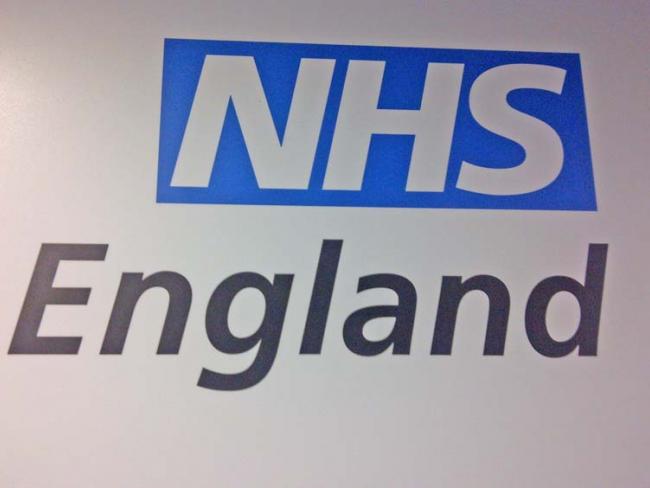Unison members in the NHS in England are to be called on to take part in a four-hour strike on 13 October for more pay, following a ballot result showing 68 per cent in favour of strike action and 88 per cent in favour of action short of a strike. The strike will come five days before the TUC’s national demonstration in London under the banner of “Britain needs a pay rise”.
As Workers went to press, members of the Royal College of Midwives were concluding a similar ballot on action over pay, with results due to be announced at the end of September. The Royal College of Nursing has no plans to ballot its members on action (see “TUC and pay – time to grasp the nettle”, Workers September 2014).
But the Unison ballot raises serious questions about how the union is to continue its fight for pay. For beyond the headline figures on numbers for and against – and not mentioned by Unison in its press release announcing the results – lies a shockingly low ballot turnout. The ballot result was covered in the national press, but without a mention of how many members actually returned their ballot papers, thought not to exceed 16 per cent.
This is information the employers will know, of course, so suppressing the figures in its own publicity just hides the truth from Unison’s members. Hardly an ideal platform for launching a struggle against the government, but par for the course for Unison, which similarly refused to let members know the turnout figures from the local government ballot earlier this year.
'Why did so few members vote? Why with such a small percentage is a four-hour strike going ahead?'
Undeterred, Unison’s regional Service Group Executives met on 19 September and voted for the strike, with apparently only a handful of mainly London-based delegates urging caution. But the questions remain: Why did so few members vote? Why with such a small percentage is a four-hour strike going ahead?
Crucially, where do NHS staff go after the strike to make their voices heard? Everyone within the service deserves a pay increase but staff are clearly not champing at the bit to walk out.
• On 8 September the Society of Radiographers notified NHS trusts and employers across Britain that it would be balloting its more than 17,000 members who work in the public sector, as part of the ongoing pay dispute with the government. It says the ballot became “inevitable” after health secretary Jeremy Hunt refused to ask the independent review body to make a pay recommendation for 2015, condemning radiographers to another year of pay freeze – the fourth in the past five years.
Radiographers used to be a very small group of NHS staff doing X-ray work. But little modern medicine takes place without a radiographer involved. Diagnostic radiographers now also use a range of sophisticated techniques including ultrasound, fluoroscopy, CT and MRI scans, nuclear medicine and angiography. The other half of the profession, the therapeutic radiographers, deliver radiotherapy to patients with cancer.

